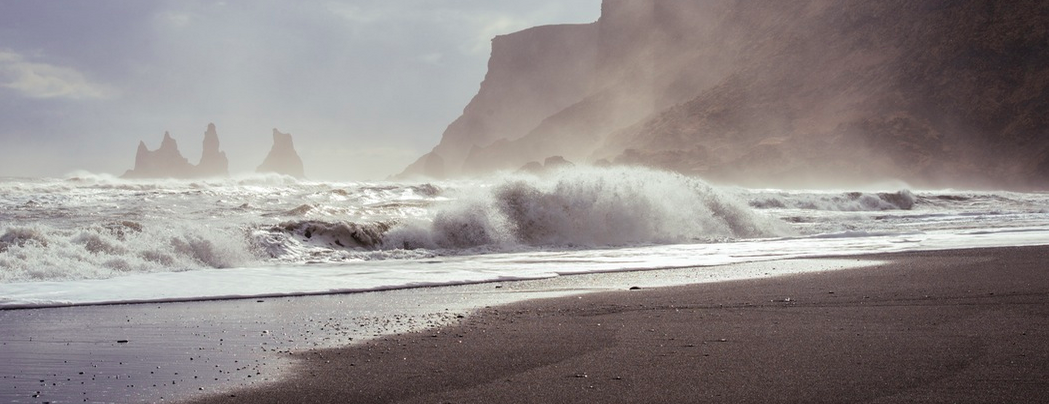Responding to Marine Oil Spills
In Collaboration With The Center for Ocean Solutions, NOAA, UNH, Oregon State, and USCG.
Background
The 2010 Deep Water Horizon disaster has been recorded as the largest marine oil spill in U.S. history. The response required unprecedented collaboration and engagement from scientists in multiple disciplines across government, academia and industry. While it prompted rapid advancement of scientific knowledge and tools, it also exposed weaknesses in the system of information dissemination among experts from these three sectors.
IMPACT GoALS
The intent of this project is to create platforms using ChangeLabs' Deep Change Model to tackle the complex interdisciplinary exchange of information among science experts during a catastrophic event such as an oil spill.
A team of experts is currently designing new tools, protocols, and practices to enable rapid information between government agency responders and non-governmental scientists from multiple relevant industries.
Approach
This is a one-year project with the following three phases:
1. Design Ethnography -- The team conducted over 70 in-depth interviews with academics, agency scientists, decision-makers and journalists to understand key barriers and identify opportunities for deep interventions.
2. Concept Generation and Refinement -- The team will propose a wide set of ideas to overcome barriers and enable collaboration.
3. Prototyping -- The team will test solution tools and strategies among relevant decision-makers and user groups, with the assistance of an expert advisory team.

